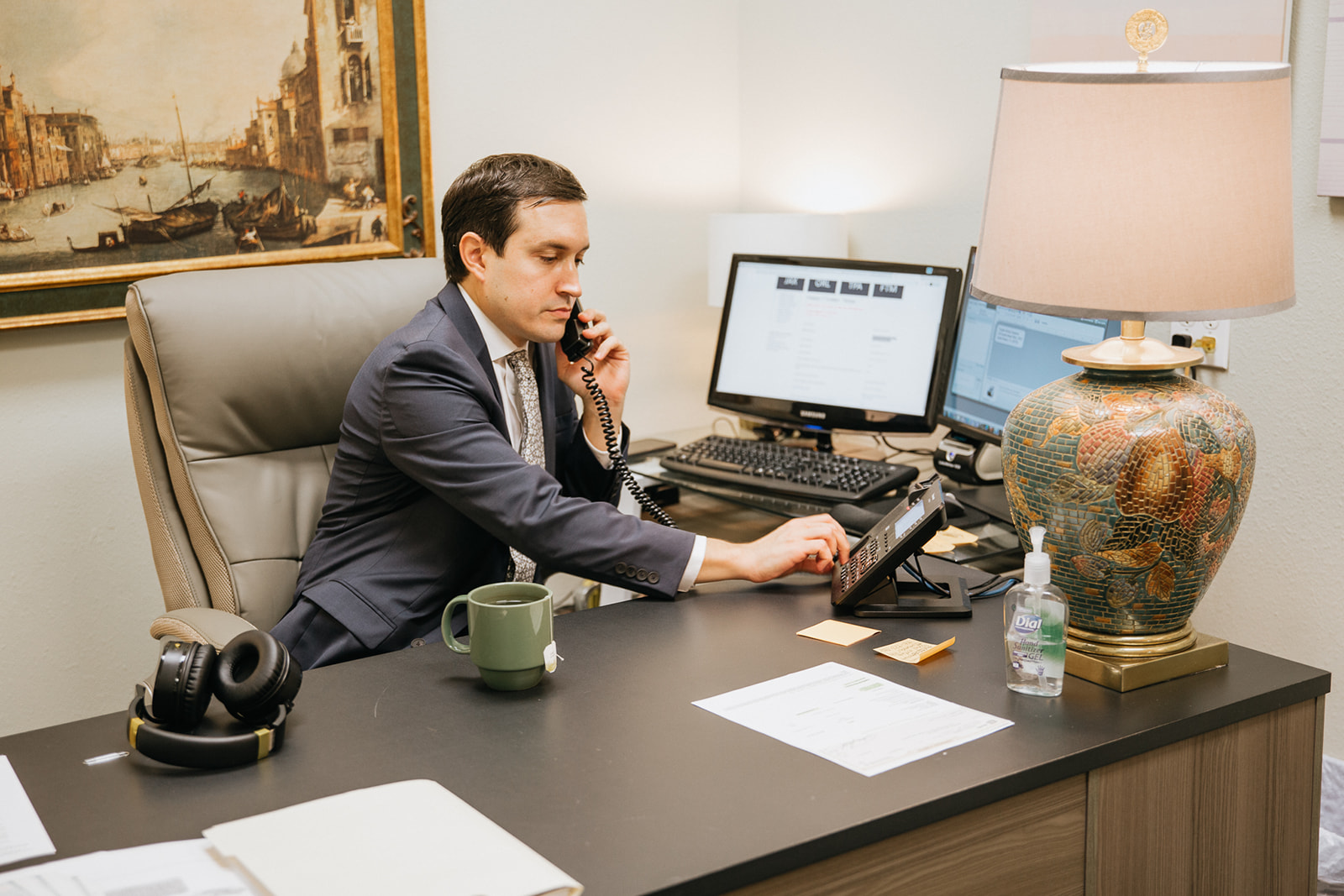In this blog, we have described many bankruptcy scenarios and discussed what happens to your retirement plans, homes, and vehicles during a bankruptcy filing. However, there are many smaller categories of possessions that you may be concerned about as well. Below we will explore how filing bankruptcy affects various classifications of personal possessions. Can you keep your jewelry, firearms, furniture – or even your beloved pet – in this process?
Jewelry: Those who file for bankruptcy may wonder about keeping their jewelry, and the good news is that typically they can. Of course, like every case, the details matter. Do you own the jewelry without any debt attached? Is your jewelry collateral for another loan? The ultimate answer relies on how much it’s worth and how much you are allowed to exempt.
In Chapter 7, your trustee will evaluate your assets to determine if you have non-exempt assets that may be turned into money to pay back your debt. Jewelry and heirlooms quite often have significant value, so it is possible they may be sold unless they qualify for exemptions. Every state in the U.S. has laws that protect certain kinds of property in bankruptcy. In Florida, your jewelry can be exempted. However, there is no specific exemption for it – you are simply allowed to keep a certain level of personal property of any type.
Furniture: Typically, you will be allowed to keep the furniture in your home. However, if it is rare or expensive, your furniture may be sold during bankruptcy.
In a Chapter 13 bankruptcy, those filing are allowed to keep all property, but it requires a monthly payment plan to reimburse creditors. These plans can last as long as five years. The amount of your monthly payments is partially determined by how much property you can exempt from the process.
Firearms: Guns are a valued possession for many people for many reasons. There is understandably a fear that they may lose these items in the bankruptcy. We have a $1,000 exemption for personal items in Florida, including guns – or $4,000 if you are not claiming your homestead exemption.
Let’s Talk About Your Pets
It may seem a strange fear, but many people worry that they will be required to give up all of their possessions, including their pets. Pets become an issue because they can be considered an asset, and care for them does figure into your expenses. This is already a stressful process, so the thought of losing a pet may be too much to handle – but the good news is, you typically don’t have to worry about this particular situation.
Your pets are an asset, and you will need to disclose your pets in the bankruptcy schedule of assets. However, your typical household pets – dog, cat, fish, birds, rodents – have no value. When listing pets on the Chapter 7 bankruptcy schedules, you name them with zero value. However, if you have show-quality pets, purebred stock, or earn income from your pets in some way, such pets can have an intrinsic monetary value. If this is your situation, you may need to file Chapter 13 instead.
Chapter 13 bankruptcy requires you to repay debts to your creditors. Therefore, the question is how much you can afford to pay back. Pet care is a monthly expense, and the trustee will need to take on each situation individually. Routine pet care expenses are typically not an issue. Sometimes, the care costs – such as for special needs pets – are much higher than average. It is helpful to your filing if your pet is classified as a service animal or emotional support animal in these circumstances.
Still, the vast majority of pet owners will not lose their pets in a bankruptcy filing. If you have an extraordinary situation regarding your pets, be sure to be upfront with your bankruptcy attorney. If you are facing bankruptcy in the Sarasota or Manatee area, call the offices of Richard V. Ellis Law, bankruptcy attorney. We are here to answer any of your questions.





